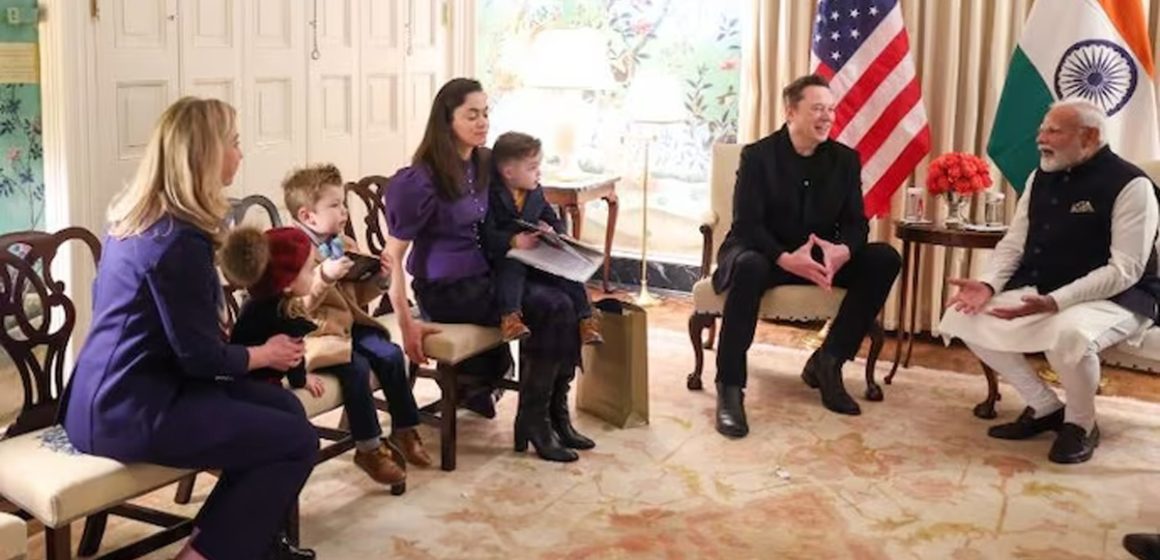The development marks a strategic win for Elon Musk, whose ventures from Tesla to SpaceX are facing mounting pressure from US President Donald Trump. India’s regulatory nod for Starlink’s satellite internet services may, thus, offer him a timely boost.
Amid reports of growing friction with US President Donald Trump, Elon Musk has found regulatory favour in India. The country, home to the world’s second-largest telecommunications market, has approved Starlink to provide satellite communications services via its India subsidiary, Starlink Satellite Communications Private Ltd (SSCPL).
The Indian National Space Promotion and Authorization Centre (IN-SPACe) announced on Wednesday that SSCPL is authorised to operate the Starlink Gen1 low Earth orbit (LEO) satellite constellation across India. The approval is valid for five years from the date of authorisation or until the end of Gen1’s operational life, whichever is earlier. Service rollout remains subject to compliance with existing regulations and clearance from relevant departments.
Incorporated in December 2021 and headquartered in New Delhi, SSCPL is the Indian arm of Starlink, a global satellite internet venture founded by Elon Musk under his aerospace company, SpaceX.
The development comes days after Donald Trump threatened to restrict federal subsidies and contracts to Musk-run enterprises, including Tesla and SpaceX. Despite being a naturalised US citizen, Musk has faced provocative suggestions from Trump, including deportation threats and calls for subsidy audits.
Destination India
During Indian Prime Minister Narendra Modi’s visit to the US in February, Musk met him at Blair House in Washington, DC, to discuss satellite connectivity, clean-tech collaboration, and entrepreneurship. Interestingly, Musk was at the time leading the Department of Government Efficiency’s (DOGE) efforts to reduce wasteful spending. Contrasting the tension in Washington, he continues to enjoy cordial relations with Modi.
With relations fraying with Trump, Musk is now reportedly exploring the launch of a political outfit to challenge the two-party system dominated by the Democratic and Republican parties in the “land of the free”.
Meanwhile, telecom majors Airtel and Jio have formalised agreements with SpaceX to introduce Starlink’s high-speed satellite internet services in India. The Gen1 constellation comprises 4,408 satellites orbiting between 540 and 570 kilometres above Earth and is capable of delivering around 600 Gbps of bandwidth over the Indian subcontinent.
With India granting regulatory clarity and the US turning increasingly combative, the world’s wealthiest individual’s business and political interests appear to be navigating vastly different winds across continents. Whether Starlink’s rollout in India results in deepening Musk’s engagement with the world’s fastest-growing major economy remains to be seen.
-Manish Pant


